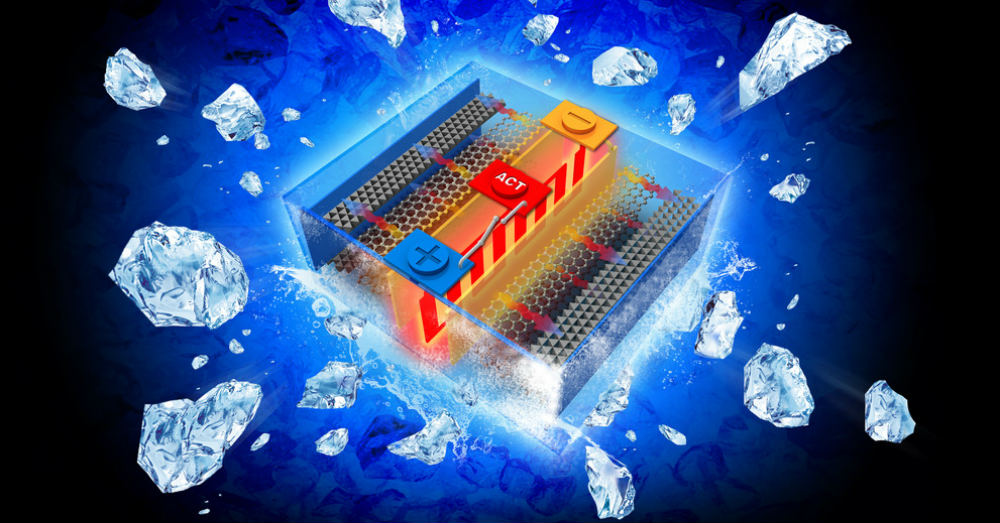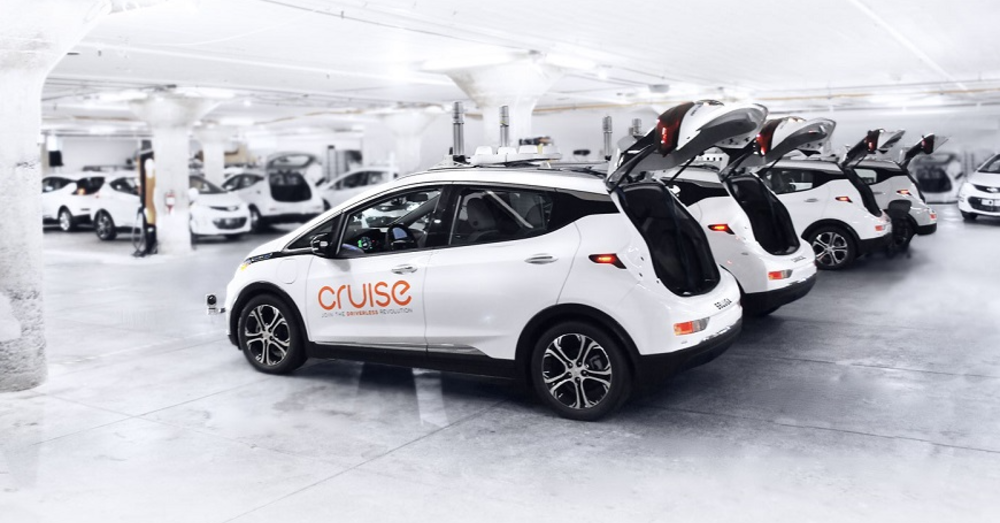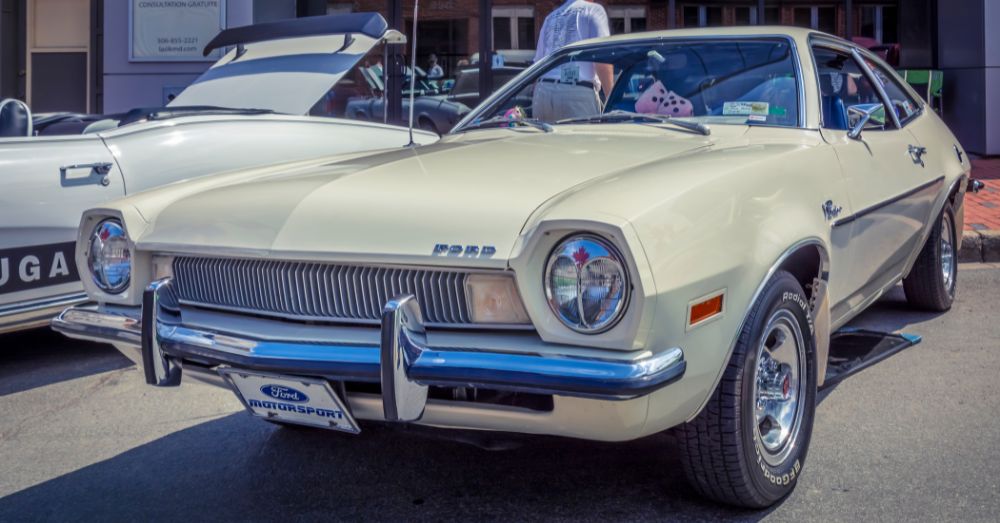One of the biggest challenges with any battery is temperature. When the temperatures drop due to snow and ice, the range of a battery that’s installed in an EV could lose as much as 25 percent of the range. That’s a significant drop and if your EV is sitting in a cold parking structure all day while you work, you might return to it only to find that the charge left isn’t enough to get you home. Thankfully, engineers at Penn State have created a battery that can overcome this challenge.
The Battery that Can Heat Itself
The weather isn’t what causes trouble for an EV battery, the temperature is. The engineering team at Penn State has developed a self-healing battery that can provide a 15-minute rapid charge at all temperatures. This battery can be effective at temps that are as low as minus 45 degrees. Because batteries have both positive and negative terminals, the scientists found a way to make the most use of these terminals and offer the ability for the battery to have the charge needed to get you where you need to go in your EV model.
By placing think nickel foil with one end attached to the negative terminal and the other end creating a third terminal, the battery can self-heal. The temperature sensor attached to a battery will detect that the battery is below room temperature and then sends electrons flowing through the nickel foil. This heats the battery until its above room temperature at which time the flow of electrons is halted. Once the battery is above room temperature, charging can begin again and the current can flow into the battery to rapidly charge it more efficiently than it would if the battery were to remain cold. This unique change from heating to charging is done automatically within the battery, not in the chargers.
An Additional Benefit to This New Battery
Batteries degrade over time and lose their capacity to hold a charge. This is another challenge that automakers facer as some conventional batteries show a twenty percent loss in capacity after only fifty charges. This won’t do well for you if you intend to use your EV for several years as the vehicle you trust to get you to and from work on a daily basis. Thankfully, this new battery design can help solve some of this challenge as well.
The battery developed by this team at Penn State was tested for 4,500 cycles at increments of 15-minute charging at 32 degrees and only showed a twenty percent loss in capacity after this large number of cycles. Even the most conservative estimates of range would allow a battery that can charge this many times to offer up to 280,000 miles of driving and an estimated lifetime of 12.5 years. It seems the automotive industry needs to take a look at what this team is doing and begin to implement their batteries into EV models of the future.





